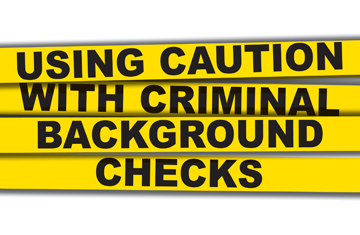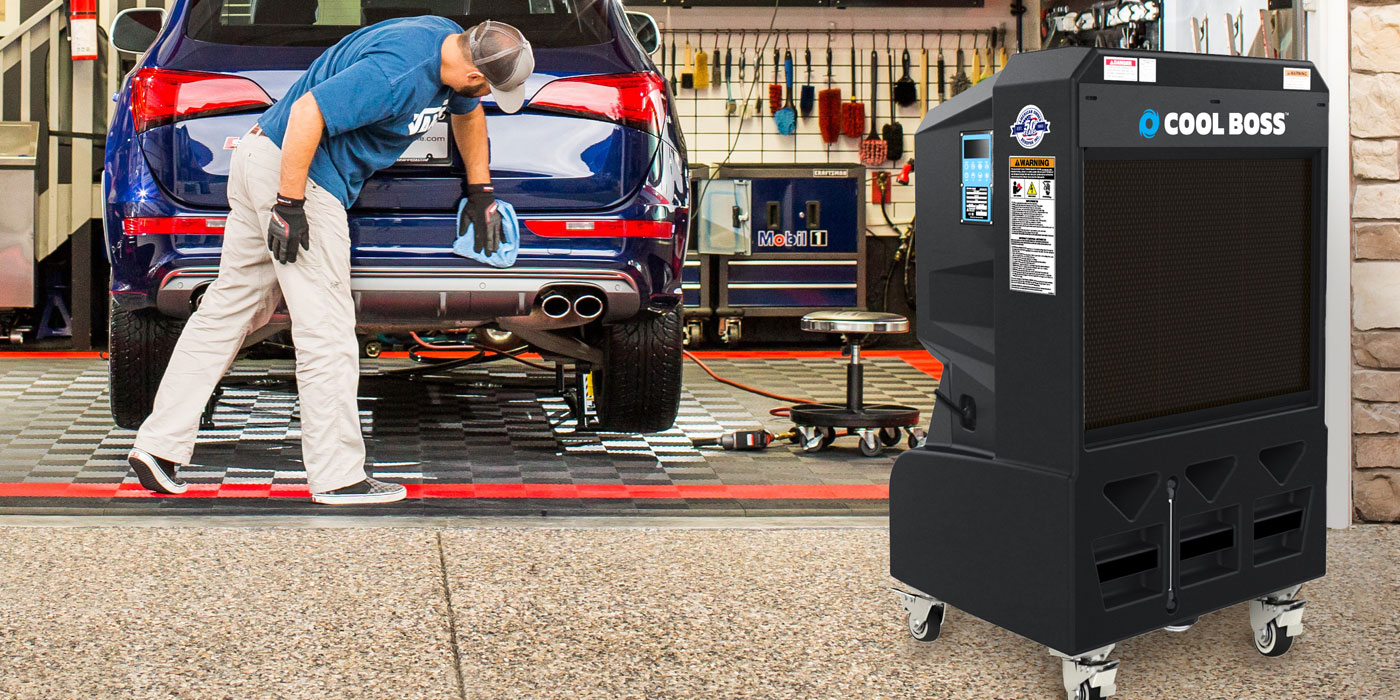There has been a growing legal trend that makes it more and more risky for employers to utilize criminal background checks for screening job applicants. This article focuses on recent litigation challenging the use of criminal background checks in the employment process, as well as the growing legislative trend prohibiting employers from asking about criminal convictions early in the employment process. It also covers the Equal Employment Opportunity Commission’s (EEOC) recently issued restrictive guidance on the use of such checks.
Recent litigation
On January 11, 2012, the EEOC issued a press release that Pepsi Beverages had agreed to pay $3.13 million and provide job offers and training to resolve a charge of race discrimination filed with the agency. The racial discrimination complaint stemmed from Pepsi’s use of criminal background checks to screen job applicants. According to the EEOC, more than 300 African Americans were adversely affected when Pepsi applied a criminal background check policy that disproportionately excluded black applicants from employment.
The use of conviction records to deny employment can be illegal under Title VII of the Civil Rights Act of 1964 when such records are not relevant to the job, because employment opportunities may be limited based on race. The EEOC’s premise is that members of certain racial groups are arrested and convicted more frequently than whites; thus, employers using such information in hiring decisions may cause a disparate impact on those protected subgroups. When disparate impact is shown to exist, the employer must be able to show that its employment practices are job-related and consistent with business necessity.
Prior to the Pepsi settlement, in 2008, the EEOC filed a suit against PeopleMark, a temporary staffing company that hires people to work in light industrial, clerical and receptionist positions. This class action suit against PeopleMark alleged that it maintained a blanket policy that prohibited the hiring of any person with a criminal record. According to the EEOC, this policy against hiring anyone with a criminal record was unlawful because it had a disparate impact on African Americans.
As a result of this litigation, PeopleMark was required to produce more than 18,000 pages of documentation relating to its criminal background checking process. The company was finally able to show that 22 percent of individuals with felony convictions had ultimately been hired by PeopleMark. As a result, on March 31, 2011, the court held in favor of the company.
Also, in 2009, the EEOC sued Freeman Companies, a convention, exhibition and corporate events marketing company. According to the EEOC, Freeman had a history of rejecting job applicants based on whether they have had one or more of various types of criminal charges or convictions. Also, this practice has an unlawful discriminatory impact because of race and national origin and is neither job-related nor justified by business necessity. The outcome of this lawsuit is currently pending.
Finally, according to a 2012 SEC filing by Dollar General, the company could be the target of an EEOC complaint due to its use of criminal background checks. The EEOC recently told the company that its use of criminal background checks may have an unfair effect on African Americans. Apparently meetings with the agency did not allay its concerns about Dollar General’s practices.
Growing statutory restrictions on background checks
On January 13, 2012, a new Philadelphia ordinance went into effect. Commonly referred to as “ban the box” legislation due to job applications requiring prospective employees to check a box if they have been convicted of a crime, this ordinance ensures that ex-offenders have an opportunity to explain any criminal convictions, rather than being eliminated from consideration exclusively due to disclosing a conviction early in the employment process.
The Philadelphia ordinance is part of a growing trend of “ban the box” legislation that has been enacted in California, Connecticut, Hawaii, Massachusetts, Minnesota and New Mexico as well as more than 25 municipalities, including Chicago, Baltimore, Seattle and Atlanta. While the vast majority of jurisdictions that have implemented “ban the box” provisions have limited the legislation to public employers, the Hawaii, Massachusetts and Philadelphia measures are applicable to private employers.
EEOC issues further restrictions
On April 25, 2012, the EEOC released its “Enforcement Guidance on the Consideration of Arrest and Conviction Records in Employment Decisions Under Title VII of the Civil Rights Act of 1964.”The guidance reinforces the longstanding factors that continue to be used to determine whether an employer’s use of criminal background checks is lawful:
- The nature and gravity of the offense;
- The amount of time that has passed since the offense; and
- The nature of the job.
However, the guidance also contains a provision that employers should conduct an individualized assessment of individuals who apparently have a job-related conviction. According to the EEOC, this would consist of “notice to the individual that he has been screened out because of a criminal conviction, an opportunity for the individual to demonstrate that the exclusion should not be applied due to his particular circumstances, and consideration by the employer as to whether the additional information provided by the individual warrants an exception to the exclusion….” Obviously, this individualized assessment step creates a rather significant burden for an employer, especially if it is screening a large number of job applicants.
As an aside, the guidance does acknowledge that in certain instances an employer may be able to exclusively justify its rejection of an applicant on the basis of the three factors specified above — without individualized assessment. However, it appears that the individualized assessment component will generally be a very important issue for the EEOC to consider when determining whether an employer’s use of criminal background checks is legal.
Conclusion
In conclusion, while criminal background checks continue to be a necessary component of the screening process, it is important that employers are aware of the growing number of restrictions and requirements associated with their use. Without an awareness of these growing issues, employers may suddenly find that their use of these checks is unlawful for various reasons.
David W. Arnold is general counsel for Wonderlic Inc., where he is involved with legal issues concerning privacy, negligent hiring, employment testing and equal employment matters. He also serves as General Counsel for the Association of Test Publishers. Dr. Arnold holds a J.D. from Loyola University Law School and a Ph.D. in industrial psychology from the University of Nebraska.














